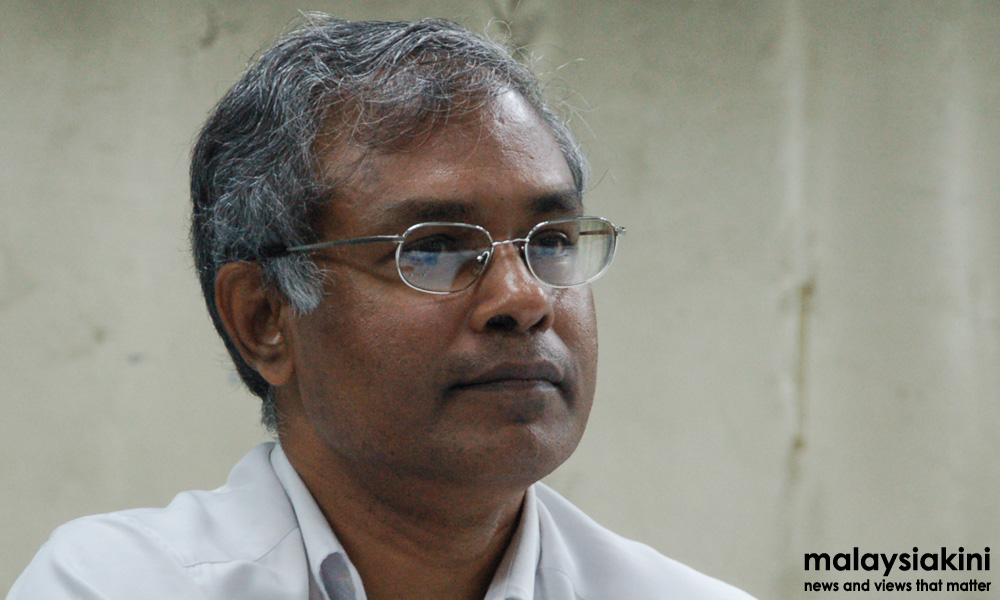
Parti Sosialis Malaysia experienced its first ‘transition of power’ over the weekend, but there were no surprises as former Sungai Siput MP Dr Michael Jeyakumar Devaraj (above) took over as chairperson from Nasir Hashim
“There’s not much change in terms of analysis and policy. In PSM collective leadership is practised and our annual congress and the monthly central committee are run in a democratic fashion. Policy is not made by the chairperson or the sec general.
“But I and the PSM should make use of the interest generated by this leadership change to disseminate our views and reach out to other progressive forces in Malaysian society," he told Malaysiakini in an email interview.
Aside from Jeyakumar’s ‘elevation,’ S Arutchelvan has also replaced M Sarasvathy as deputy chairperson.
PSM secretary-general A Sivarajan (below) said the election marks the end of a five-year transition plan where the entire leadership, when the party was founded in 1998, has been replaced with new faces.
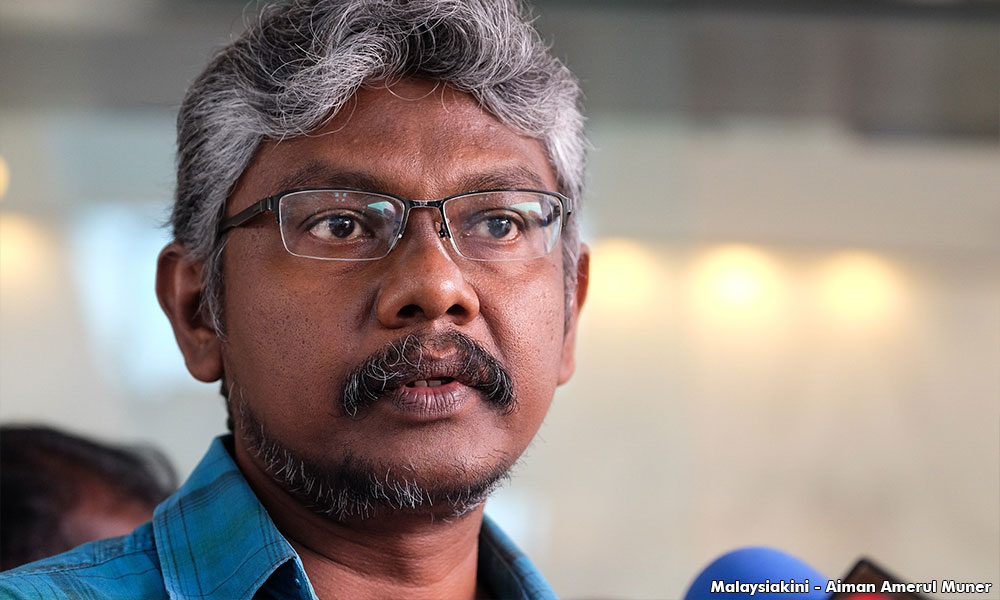
He said under the new leadership, women occupy eight of the 15 positions. The new additions include activists Chong Yee Shan, Y Kohila, Sharan Raj and Teh Yee Cheu, who is a former DAP Tanjung Bungah assemblyperson.
“Six individuals were newly elected to the central committee in the party elections last weekend. Six out of 15 isn’t too bad – 40 percent.
"An organisation needs a mix of the older experienced leaders, as well as new blood. Why shouldn’t the “same familiar faces” continue contributing (there is so much work to be done) – as long as they do not inhibit the development of new younger leaders?” said Jeyakumar.
The party is still dominated at leadership and grassroots level by the Indian community. Surely they must recognise that to truly create an impact, PSM needs to reach the other races?
“PSM strives to be ‘colour blind,’ but still, about 70 percent of current membership is Indian. This reflects the fact that we began as community organisers in estates and urban poor communities.
"We are seeking to analyse the problems faced by non-Indian Malaysians and organise them to dialogue with the authorities for a resolution of these problems. If we are successful in doing this, some of the people we organize with will be keen to join us,” he said.
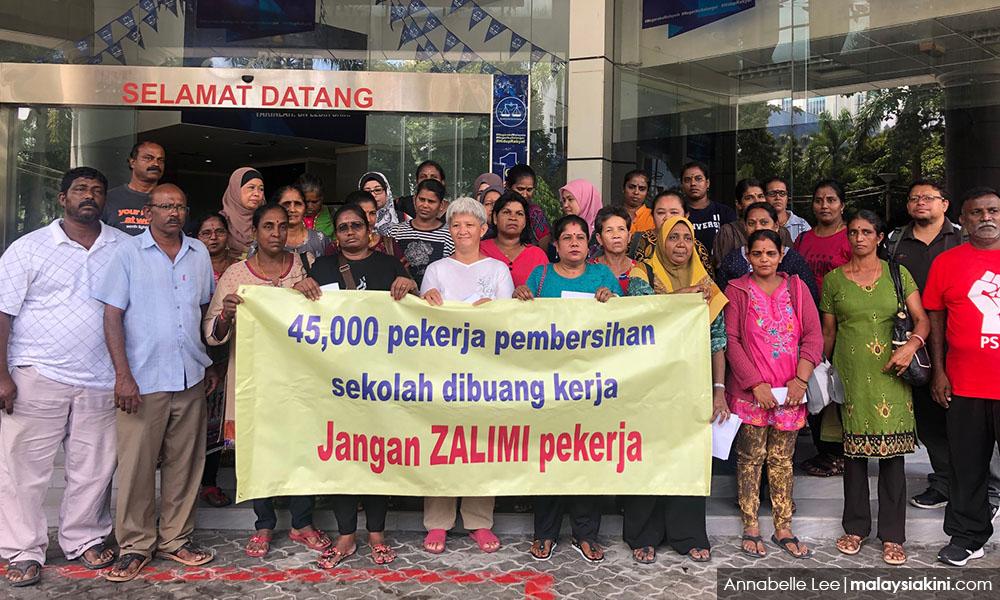
He suggested the government look at a few steps to help the B-40 group. “They should increase the minimum wage to RM1,300 now, and to RM1,500 after one year.
"There should be an amnesty for all illegal workers and get them all registered wherever they are in economy, because illegal migrant workers drive down wage rates for our B40. Maybe a debit card for food supplies for the hardcore poor and rent-to-own low cost schemes all over the country.”
Despite its name, PSM has been operating as a strictly Malayan party. Will we ever see it spreading its wings to Sabah and Sarawak?
“We do not have much of a presence in East Malaysia – we do not have the manpower or the financial resources to make frequent trips there. But we will do so once the party gets bigger.
"When we do, we will be interested in working with all the sectors who are being marginalised in today's society – including indigenous farmers, urban poor, the Penans, communities displaced by mega dams, young who are burdened with student loans but can’t find decent paying jobs, etc.”
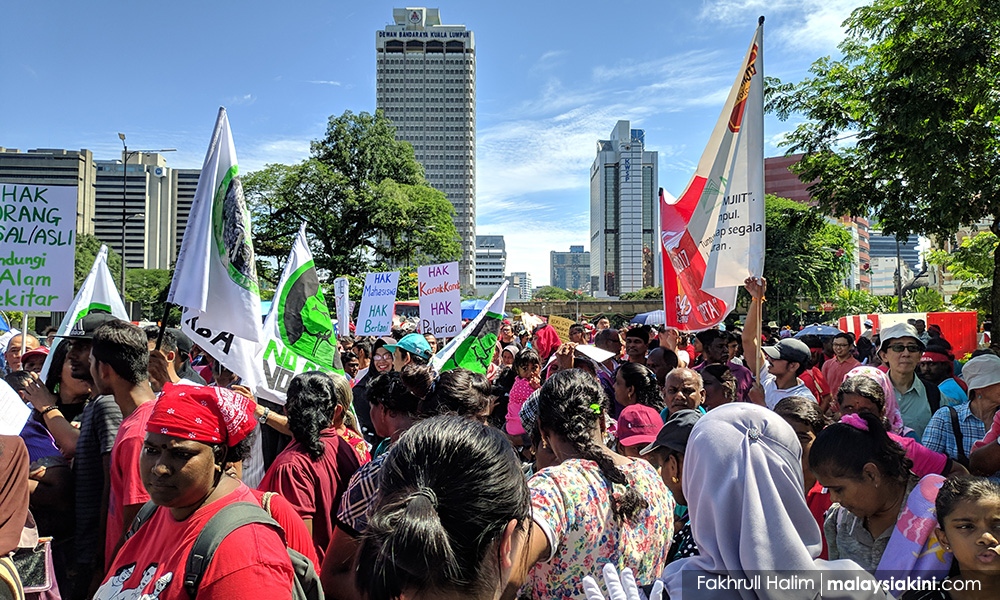
He admits it’s been a bruising time for left-wing forces globally. “The collapse of the Soviet Union has led to a massive shift of class forces to the right. The richest 0.01 percent has become emboldened and they have refashioned the world to meet their short-term interest of profit maximization (though this has created serious underconsumption).
“Wealth is increasingly ending up at the top of the pyramid. And the middle class is squeezed by the contraction in job opportunities, and austerity measures brought on by budgetary constraints.
“This, of course, makes people turn to the left. But even when the left wins, it is difficult to deliver as most countries are deeply enmeshed in the global economy and it would be very traumatic to disengage – as Britain is finding out.
“Syriza in Greece was in that predicament – thumbing their nose at their international debtors would have plunged their economy into a serious depression. Syriza was, therefore, forced to implement the very same austerity measures they had campaigned against.
"These sort of backdowns will frustrate and anger the ordinary people who then become more susceptible to right-wing, ethnocentric, anti-migrant populism.”
The picture for the left is arguably even bleaker in South East Asia, and that is despite the fact that some are technically governed by Communist regimes.
“The Indochinese countries are all ruled by their Communist Parties which are promoting capitalism – private investment, FDI and the world market - to catch up on economic development. Their GDPs are growing spectacularly, but there is much inequality and great restriction of political rights in these three countries (Vietnam, Laos and Cambodia)."
“Left parties in Singapore, Thailand, Indonesia and Brunei have been snuffed out – in some cases by extreme physical repression.
"But there are many NGOs and mass organisations working with the poor in both rural and urban areas. They would be our allies. The Philippines has a strong, though deeply divided, left movement. But one can’t deny that compared to 50 years ago, the left in the Asean region has become much weaker.”
He took aim at the heavily criticised decision by the Malaysian government to abstain from voting on the International Labour Organisation’s Convention on Sexual Harassment and Violence, and the MTUC and the MEF voting to reject the clause.
“It clearly shows that the Malaysian parties who attended the conference did not understand the issues pertaining to sexual harassment. One presumes they did not meet the women’s groups to get a proper briefing before going to that international meeting and making a fool of themselves!”
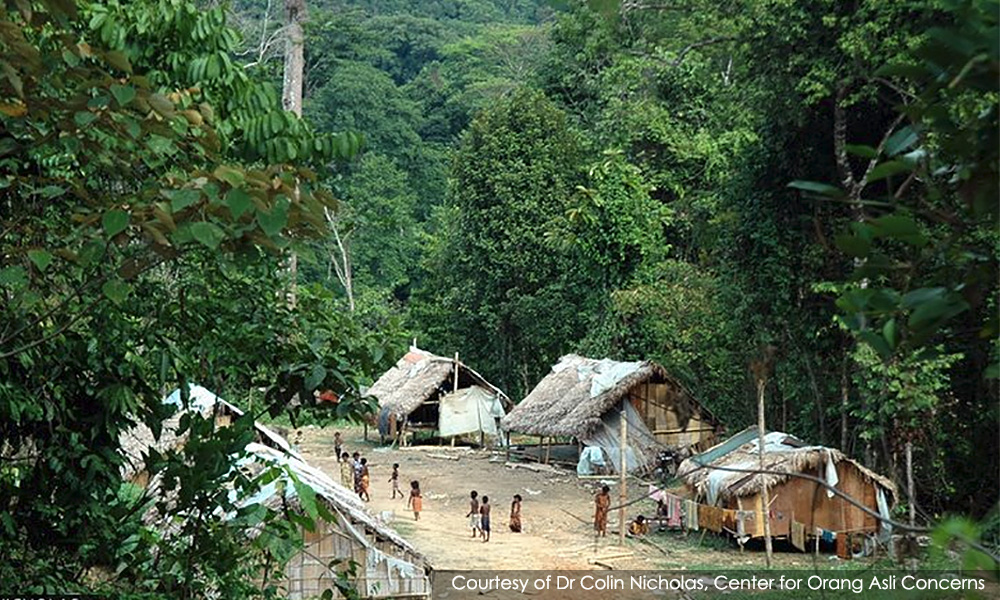
He also called on the Pakatan Harapan government to put a strict moratorium on logging in the vicinity of Orang Asli settlements, and seriously move on granting land on a community basis to all Orang Asli villages.
“The Orang Asli community is among the poorest and most marginalized communities in Malaysia. Access to unlogged forests is the key to their survival. We have to recognise that the Orang Asli have a lot to teach us about living in harmony with nature and with ourselves.
“For example, they have much knowledge of the medicinal properties of plants in the jungle – but all of this is in danger of being lost if their communities are torn apart by the “development” they are being subjected to,” said Jeyakumar, who is himself a medical doctor.
When he declined to contest under the Harapan banner, it was felt that Sungai Siput lost a good MP and the coalition lost a good possible Cabinet member. Would he consider accepting a senatorship or some other role in government?
“No one is offering such a thing!” he said.
“Would a senatorship give one a role in government? Wouldn’t I be of more use to the nation if I concentrated on building PSM – its organizational structure, its various pro-people campaigns (on wages, housing, health care, climate protection) and developing its policies on the macro-management of the national economy that is deeply integrated into the global economy?” - Mkini



No comments:
Post a Comment
Note: Only a member of this blog may post a comment.